Sonia Sotomayor: From The Bronx To The Supreme Court [PHOTOS]
Justice Sonia Sotomayor is the subject of much scrutiny this week after she took a leading role in the Supreme Court's arguments on Arizona's immigration crackdown.
If upheld, Arizona's law, S.B. 1070, would set a precedent giving states more authority in the investigation and prosecution of illegal immigrants. The legislation is being challenged by the Obama administration and immigrants' advocates across the country.
On Wednesday, many were surprised by the Supreme Court Justices' comments, which indicated that they may uphold a key portion of the bill: a requirement that local law enforcement check the immigration status of suspicious individuals.
Solicitor General Donald Verrilli, arguing on behalf of the Obama administration, had suggested that this requirement could lead to undue harassment. But most of the justices did not agree with his reasoning. You can see it's not selling very well, said Sotomayor to Verrilli on Wednesday.
This comes as a surprise--especially from Sotomayor, the court's first Hispanic member, who was generally expected to opine in favor of immigrants' rights.
Still, support for some provisions of the law does not translate into general approval of S.B. 1070. The court could uphold the provision requiring a document check, but throw out the part making it a crime for immigrants to be without immigration documents.
This was reflected in Sotomayor's pointed questions for attorney Paul Clement, who represented Arizona Gov. Jan Brewer and was defending S.B. 1070. Sotomayor pointed to the fact that some immigrants have legitimate reasons not be registered with the federal government, due to some naturalization policies that require privacy.
What's going to happen now is that if there is no statement by the federal agency of legality, the person is arrested, and now we're going to have federal resources spent on trying to figure out whether they have that, whether they are exempted for this reason, whether the failure to carry was accidental or not, she said in response to Clement's arguments.
The Supreme Court is expected to make a decision this summer.
Sotomayor's nuanced statements on the case are prompting a renewed interest in her personal history. As the United States' first Hispanic Supreme Court Justice, Sotomayor may have special insights into the divisive issue of immigrants' rights in America. These photos outline her history, from her childhood experiences through her rise to the highest court in the land.
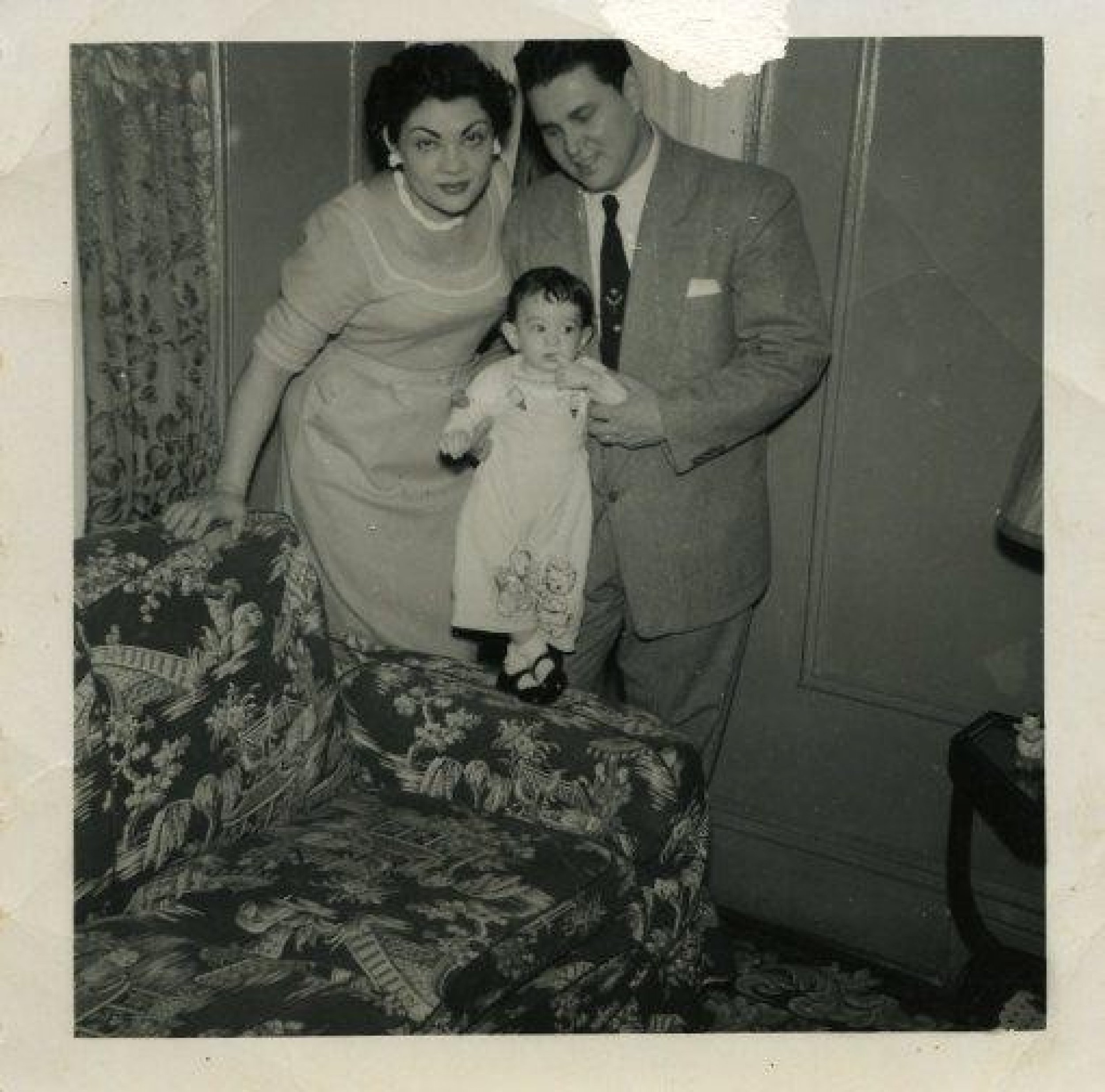

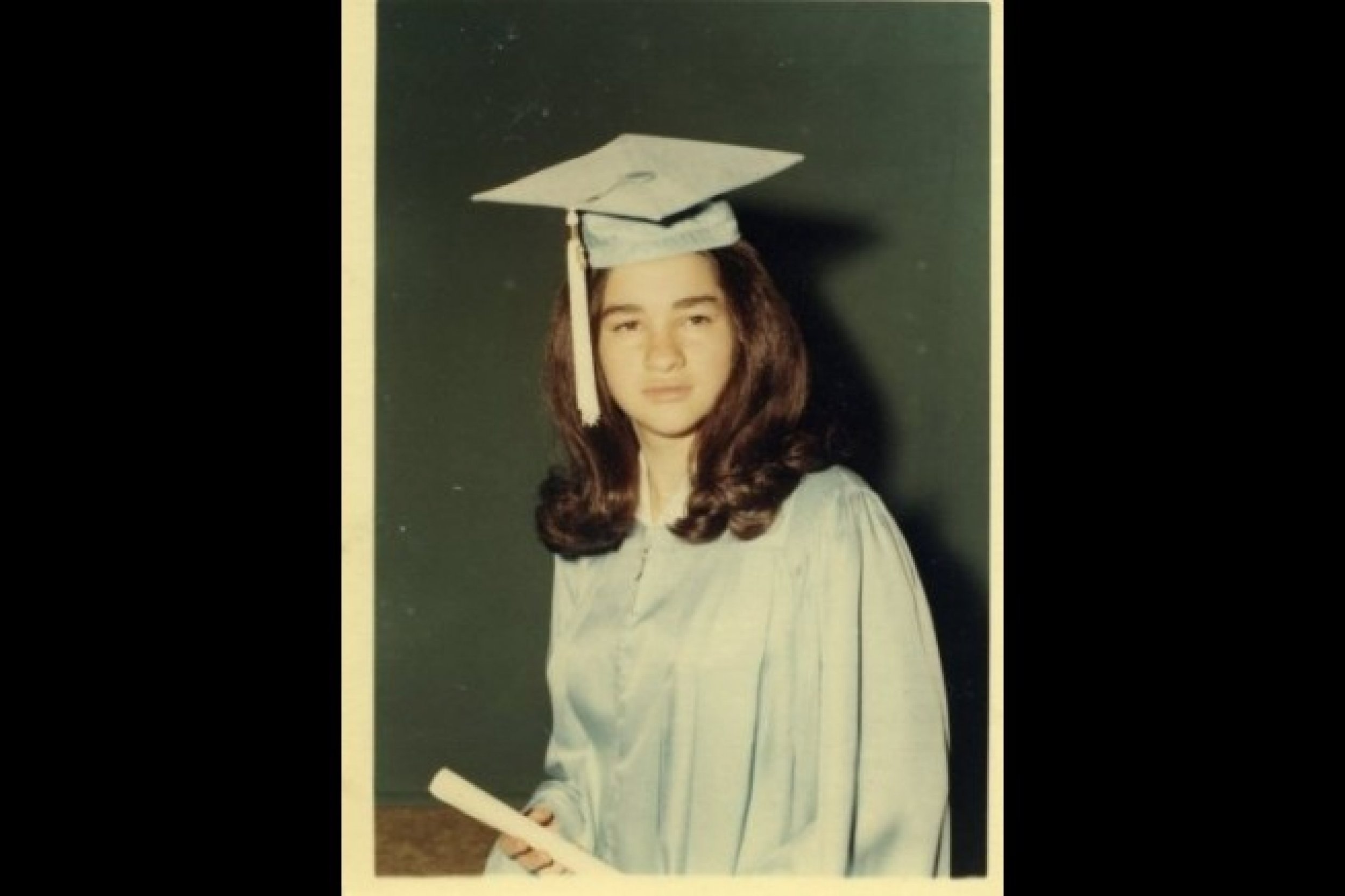
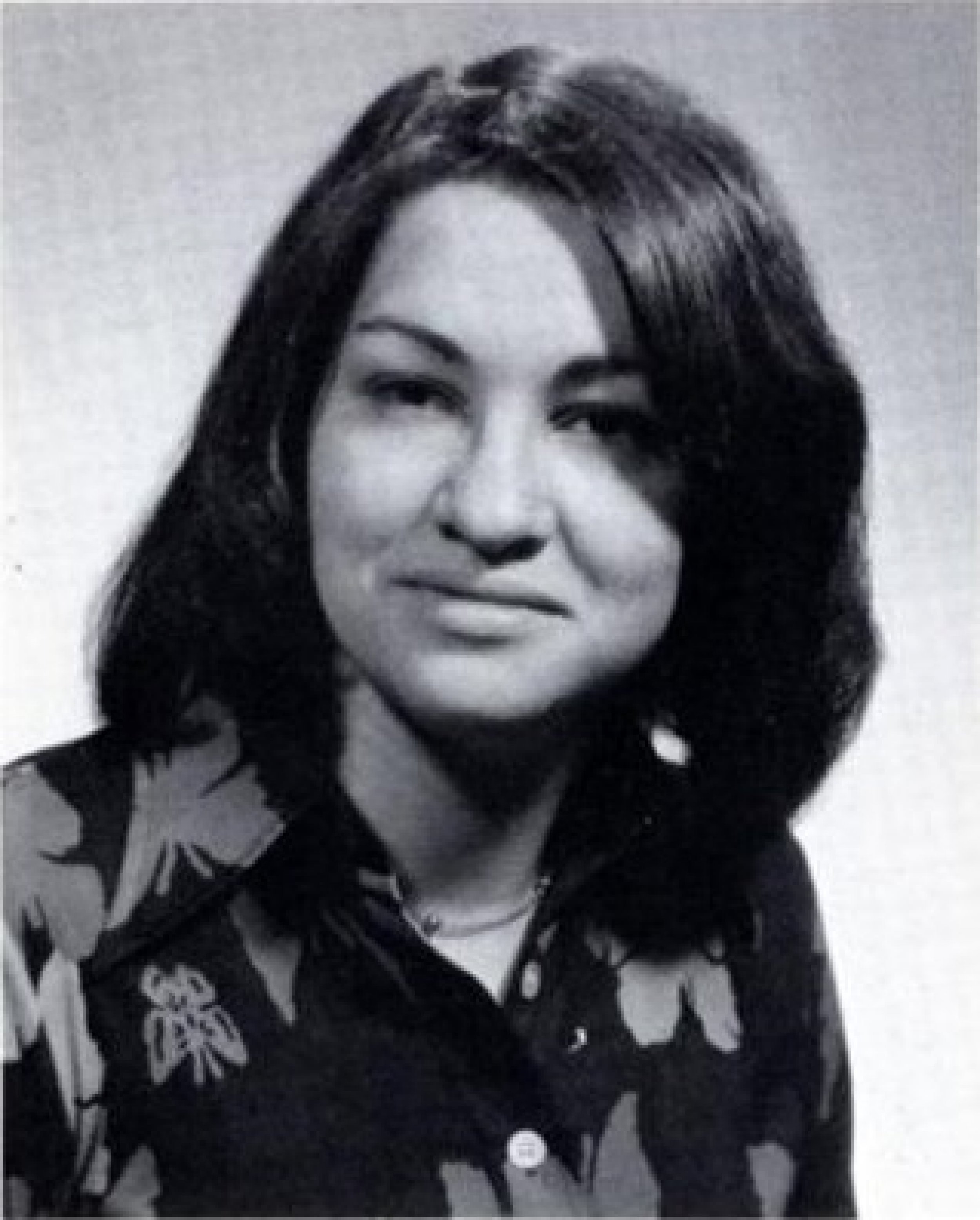
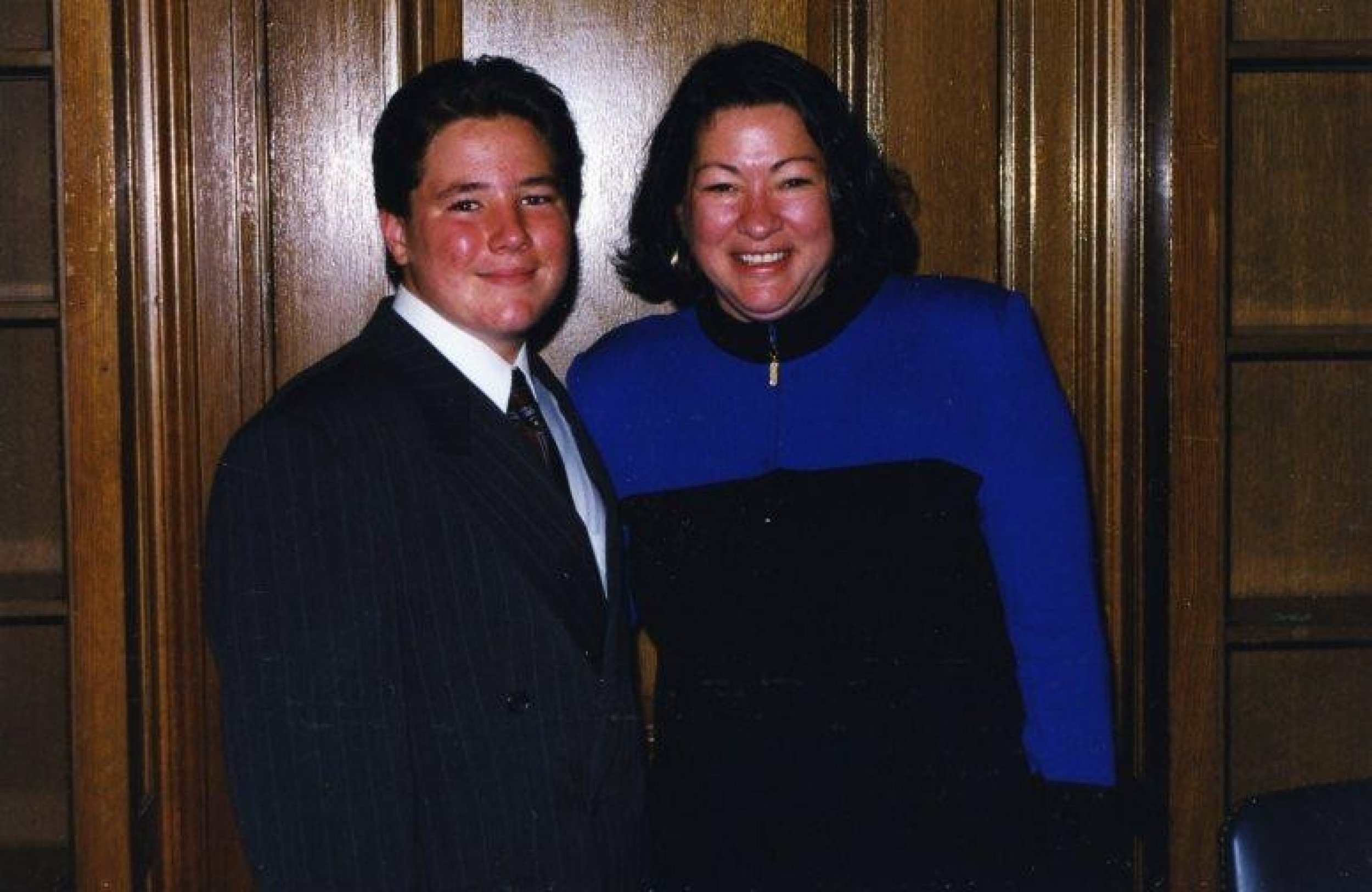
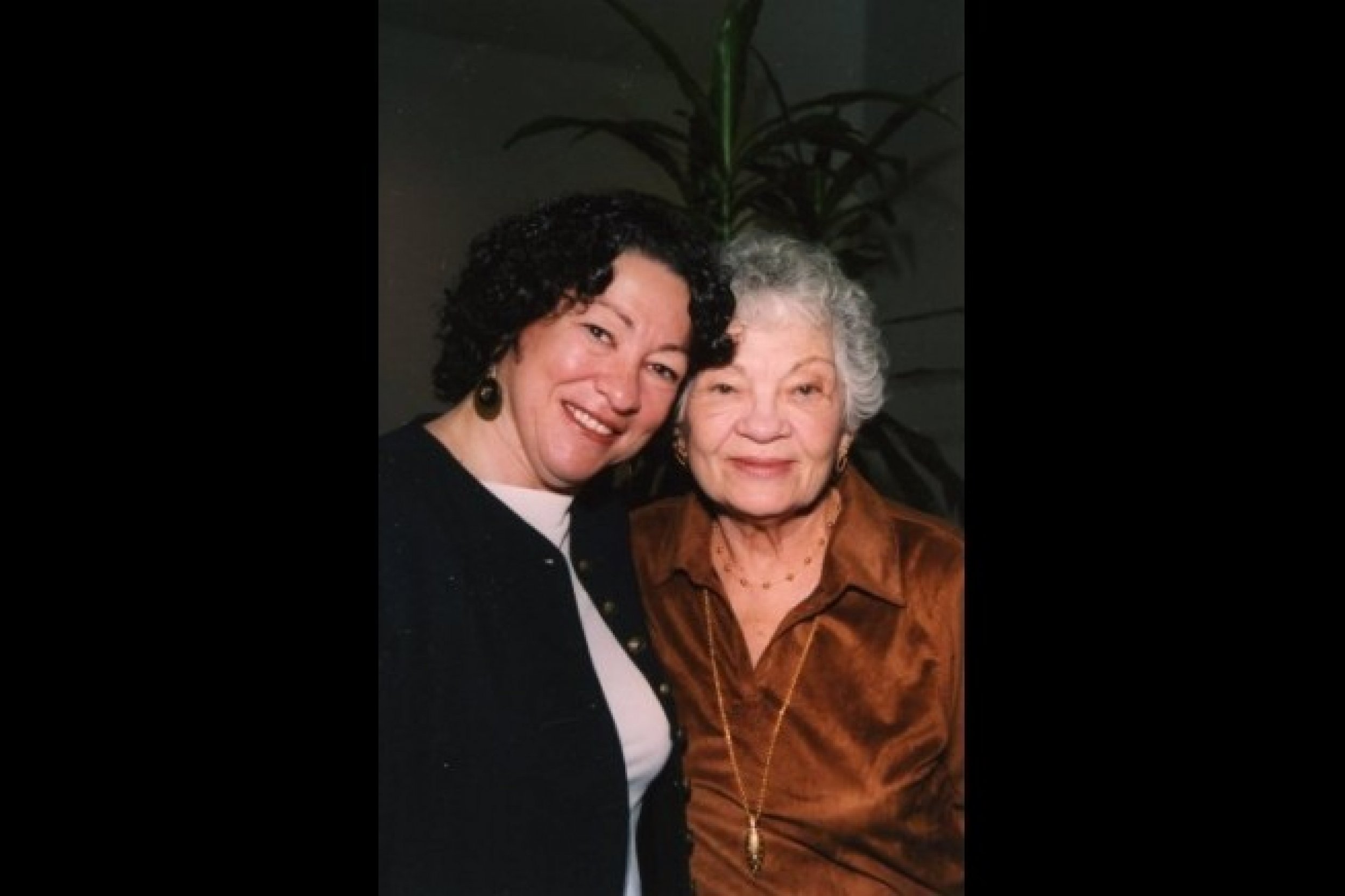
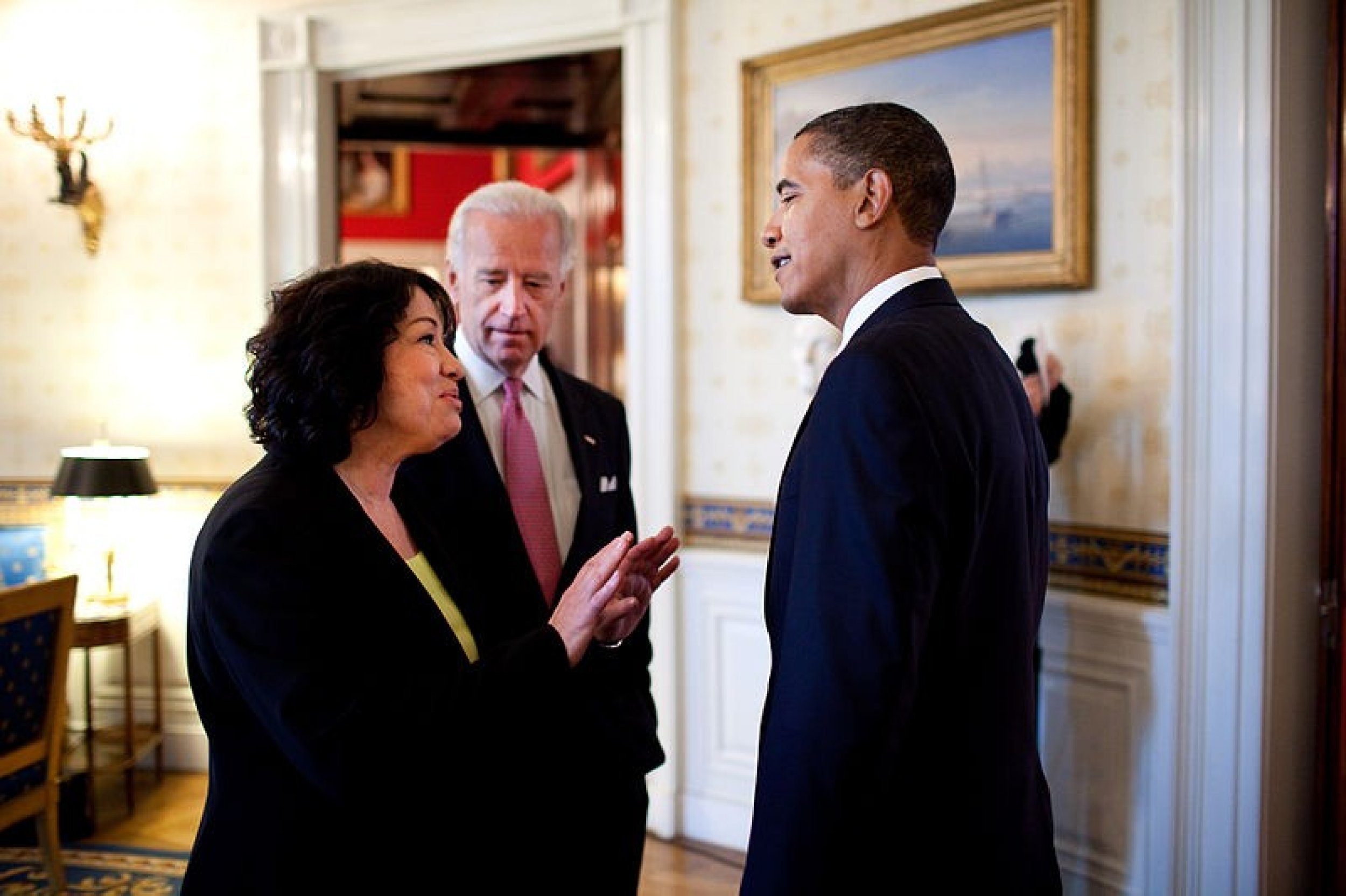
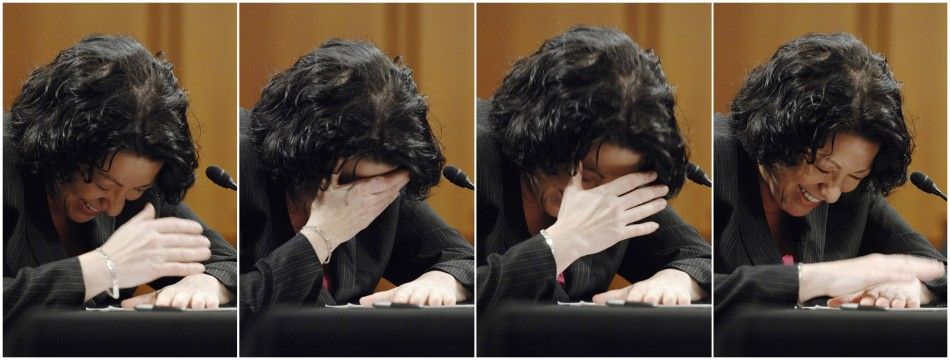
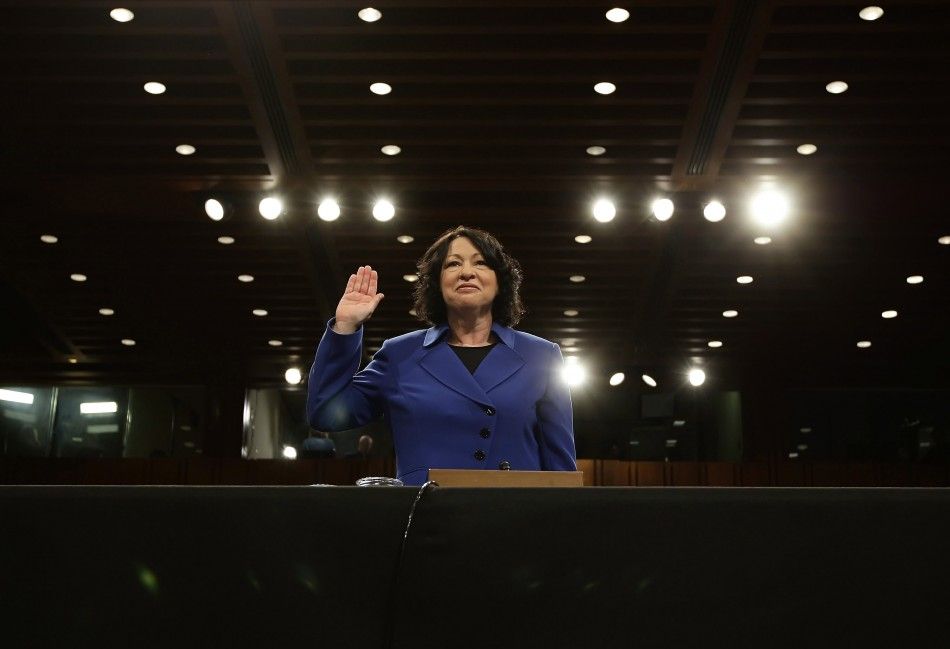
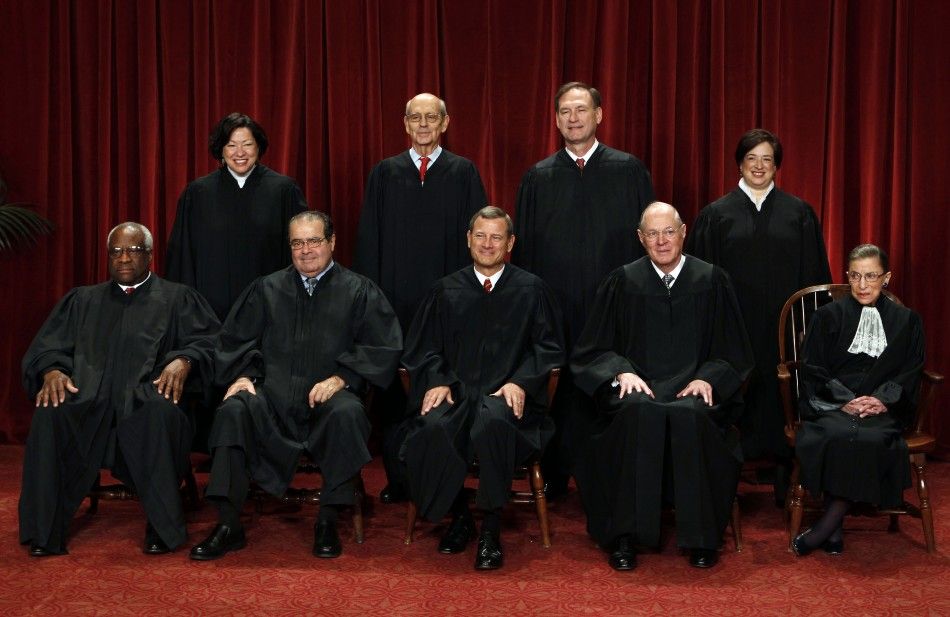
© Copyright IBTimes 2024. All rights reserved.






















